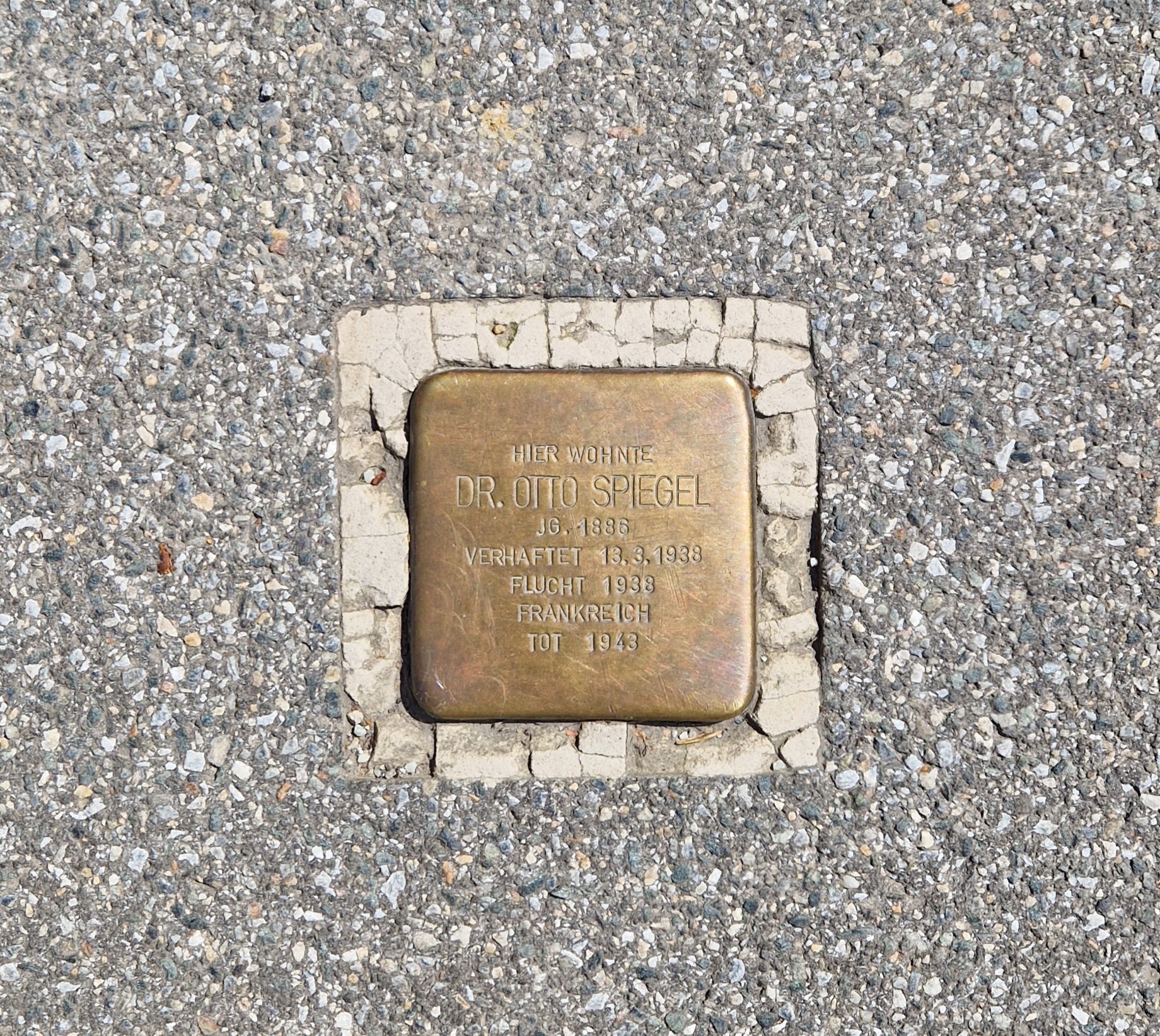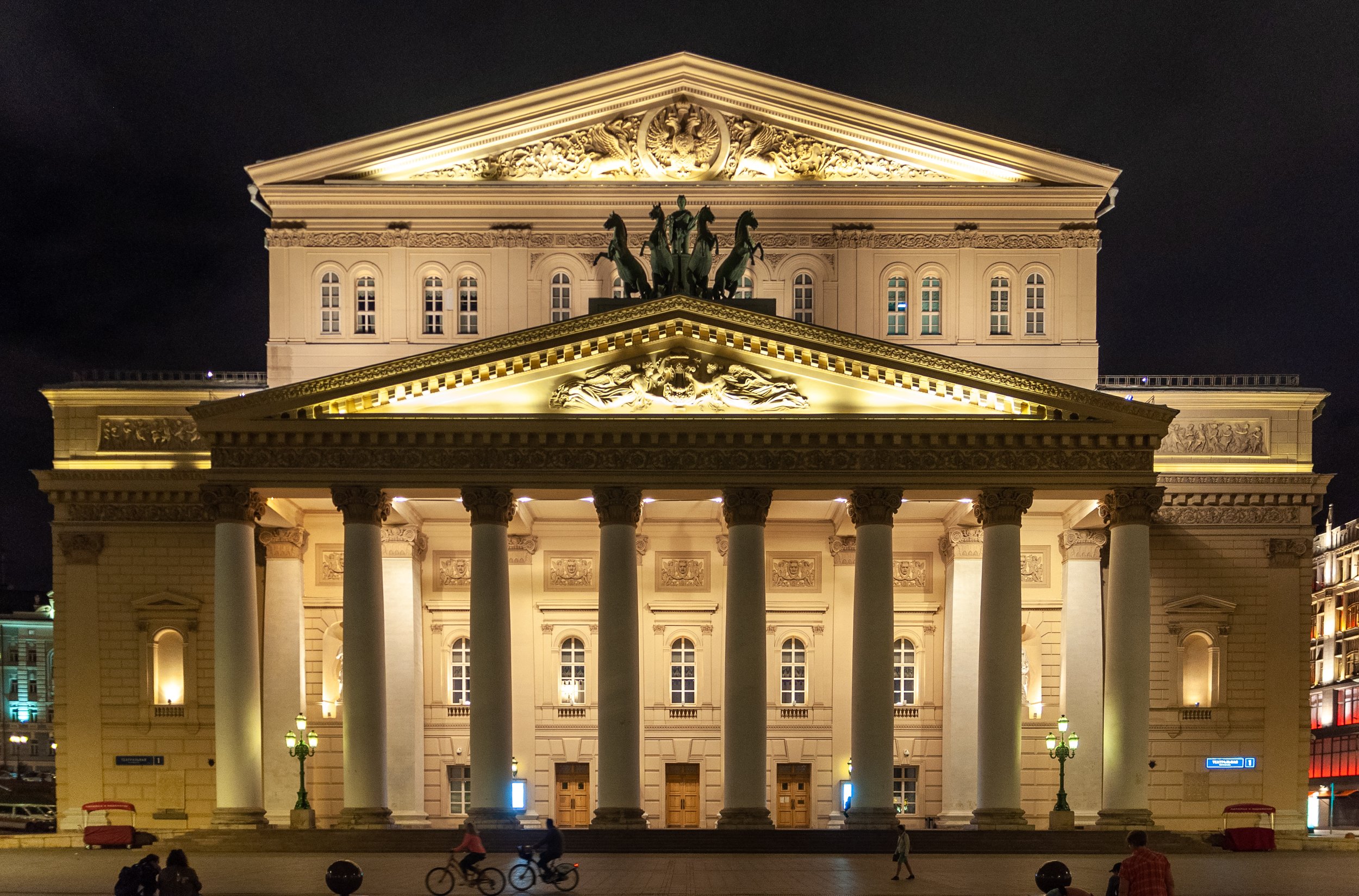Être à la mode n’est pas à la mode; fad-free French life
What does it mean to be à la mode in Paris? How do the Parisians always appear so effortlessly chic? In this ode to the simple things in life, staff writer Chiara Lewis explores the timeless beauty of the French capital.
Don’t Dismiss the Kitsch: The Evolution of Turbofolk
In this probing article, CLC staff writer Faith Martin delivers an insightful commentary on the hidden background of Yugoslav Turbofolk. She explores the historical, political and societal facets of this genre and, in doing so, uncovers the secrets of this unique musical movement.
“Rok en Rol Jugoslavija !” - Yugorock: Yugonostalgia meets social commentary at the end of an era
In this whistle stop tour of Yugorock, European Staff Writer Kirsty Turnbull delivers an enthusiastic and engaging introduction to the Yugoslav rock scene of the 1980s. From politics to playlists, this article covers it all.
Winter's Dual Legacy: Sankt Nikolaus and the Shadow of Krampus
In an intriguing analysis, William Lan explores the folklore surrounding the beloved Christmastime figure of Sankt Nikolaus and his shadowy counterpart Krampus.
Protecting or persecuting the French language? The unpleasant underbelly of France’s linguistic watchdog, L’académie française
From regional language policy, écriture inclusive, to linguistic evolution and xenophobia, European staff writer Chiara Lewis offers an eloquent and probing critique of the famed Académie Française.
Russkiy Yazyk, Eesti Keel: Speaking Russian in Estonia
In this intriguing investigation, European Staff Writer Faith Martin probes the Estonian struggle with the Russian language. Her linguistic musings take us from a bar in Talinn, down the cobbled streets and towards the Russian border.
Start them young: in France, the pressure for bilingualism begins at birth
Staff Writer Isabelle Watts recounts life as an English-speaking au pair in France, and explores the wide-ranging effects of cross-Channel attitudes to bilingualism.
Stumbling Stones in Holocaust Memory: Gunther Demnig’s Stolpersteine
German editor Freya Swinburne takes us on a tour of the German memorial landscape as she traces forgotten pasts through Gunther Deming’s Stolpersteine.
Jan Matejko’s Skarga’s Sermon: A Flawed Masterpiece Misunderstood?
Marcelina Palamar introduces us to the complicated work of Jan Matejko, one of Poland’s most famous artists, revealing that despite Matejko’s grand intentions, a failure to consider his spectator’s lack of contextual knowledge eventually betrays him.
Russophonia: A Beginner’s Guide to Russian-Language Music
Unsure of how to improve your Russian? Fear not, Camille McCarthy will ease you gently into the world of Russian-language music. Beginning with pop and Pussy Riot, and making apt recommendations for lovers of Rex Orange County and Drake fans alike, this piece will set you on a path to Russian music Nirvana (no pun intended).
A Modern Manifesto for Russian Studies
Camille McCarthy gives us her thoughts on consuming Russian culture in an ethical way. Her thought-provoking manifesto encompasses the legacy of empire and the regime’s official patronage initiatives, as well as the thorny question of how to define a nation’s culture.
Strasbourg (or Straßburg): A German City in France?
Staff writer Ollie Merriman explores the intercultural dynamics that converge on Strasbourg. In his explorations of the culture, architecture and history of this French border city, Ollie not only considers the identity of Strasbourg itself, but, rather, Europe as a whole.
A Love Letter to Pierogi
Marcelina Palamar tells us about the wonderful dough creations that are pierogi, as well as giving us an idea of their cultural (and personal) significance.
Day X, the AfD, and Hans Fallada: an author born 130 years ago and the rise of the new German far-right
Sofia Johanson, editor of the Russia, Eastern Europe and Central Asia section, comments on the ascendance of the far-right in Germany with the help of a novel published in 1947.
Stanisław Szukalski: A (self-proclaimed) Genius
In another insightful re-assessment of Polish art, Marcelina Palamar introduces us to the eccentric genius, Stanisław Szukalski.
Legacy on Display: The Museum of Soviet Occupation in Tbilisi
Rosa Hollier Phelps takes us around the Museum of Soviet Occupation in Tbilisi, Georgia, exploring the legacy of Communism in her new home.
The Mother of All Wars
An exploration of the image of ‘the mother’ in conflict, how her ordinariness has had an impact on public affairs, and whether she will re-appear in the current discourse battle over Ukraine.
Beyond Pain and Terror: Zdisław Beksińksi through another lens
Marcelina Palamar re-evaulates the work of Zdislaw Beksinksi, taking a fresh look at the themes and wealth of symbolism that characterise his work.
Russia in France
Camille McCarthy takes us on a tour of Russian cultural attractions in Paris, exploring the long-standing relationship between the two countries, and the position of Russian culture today.



















